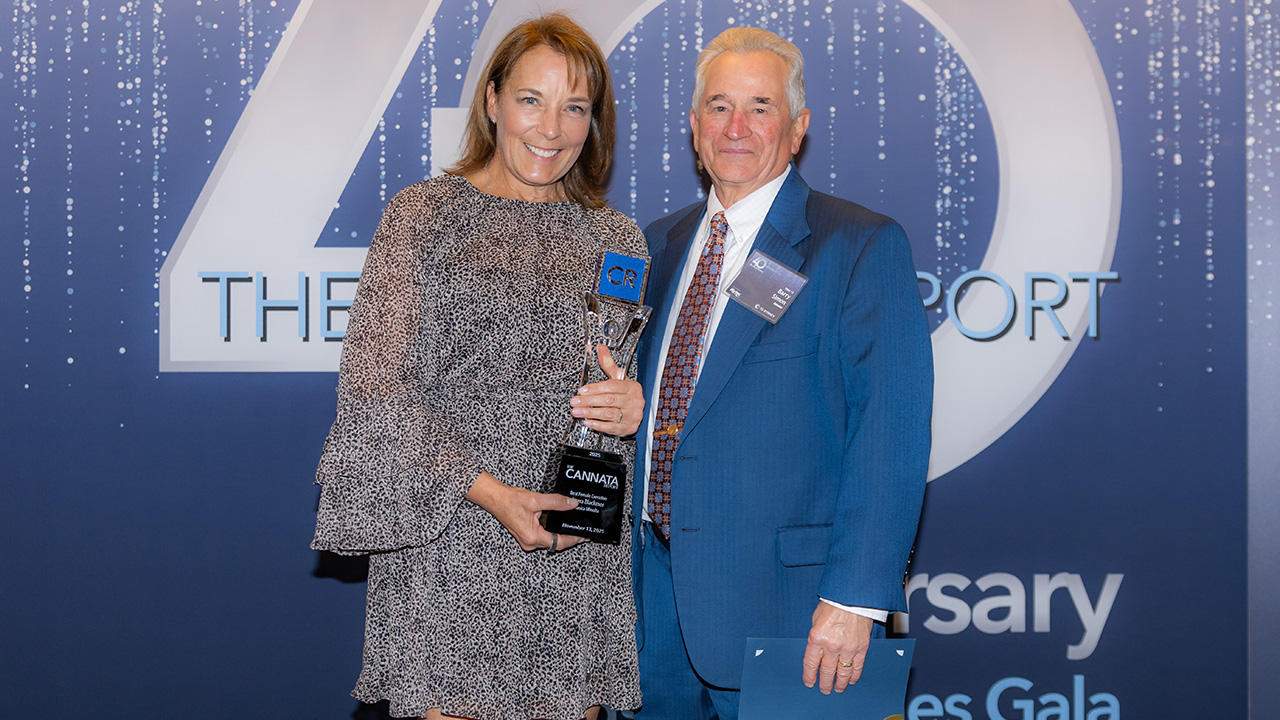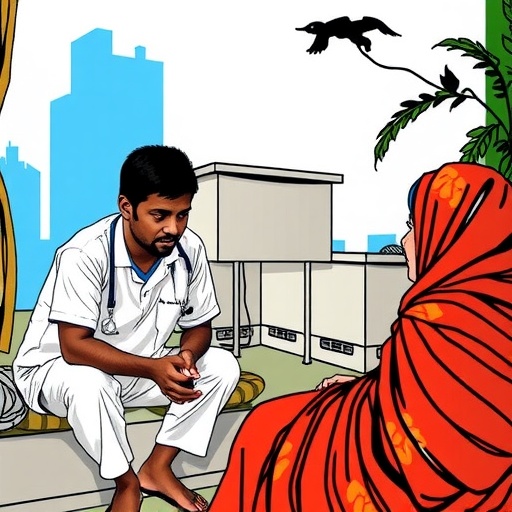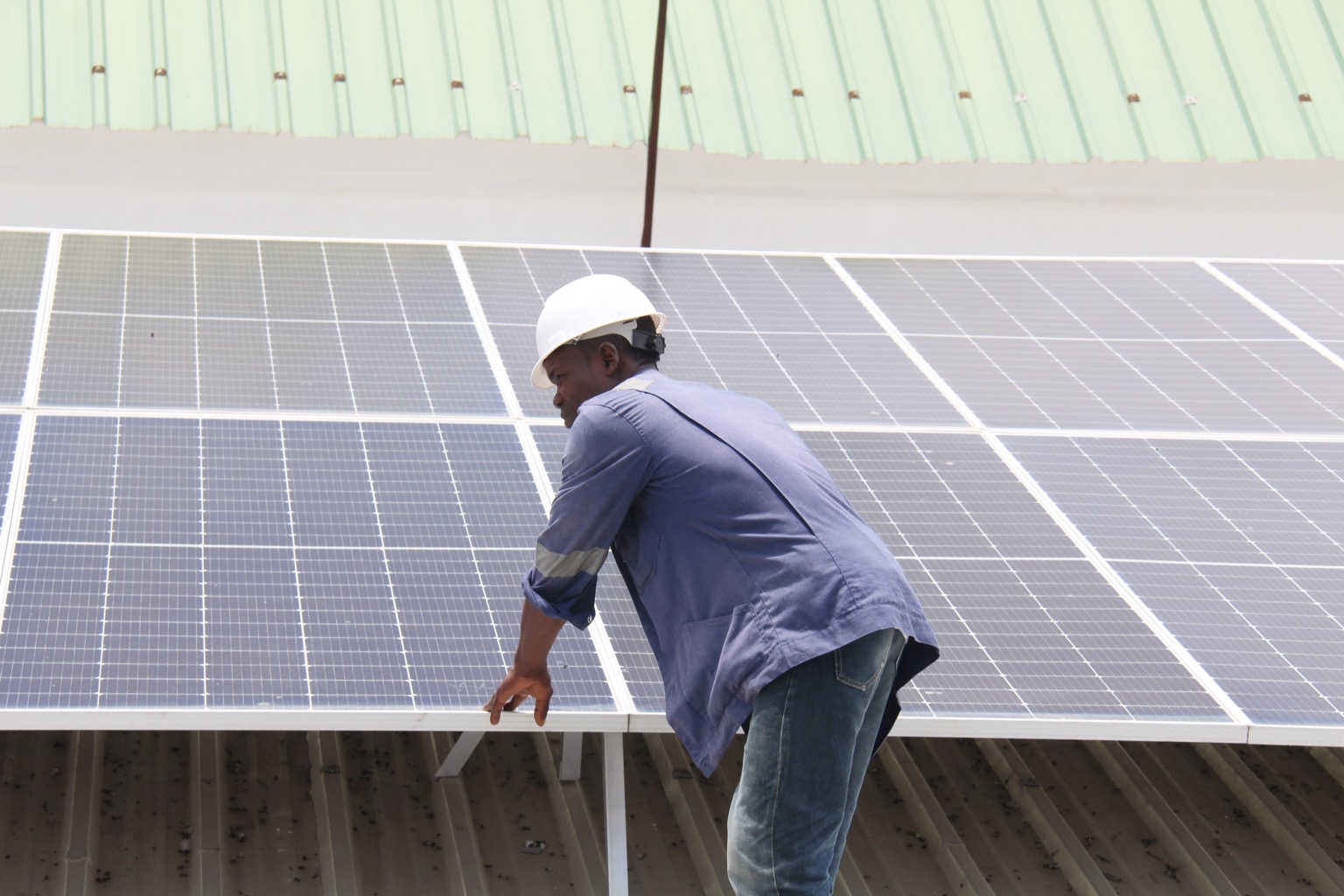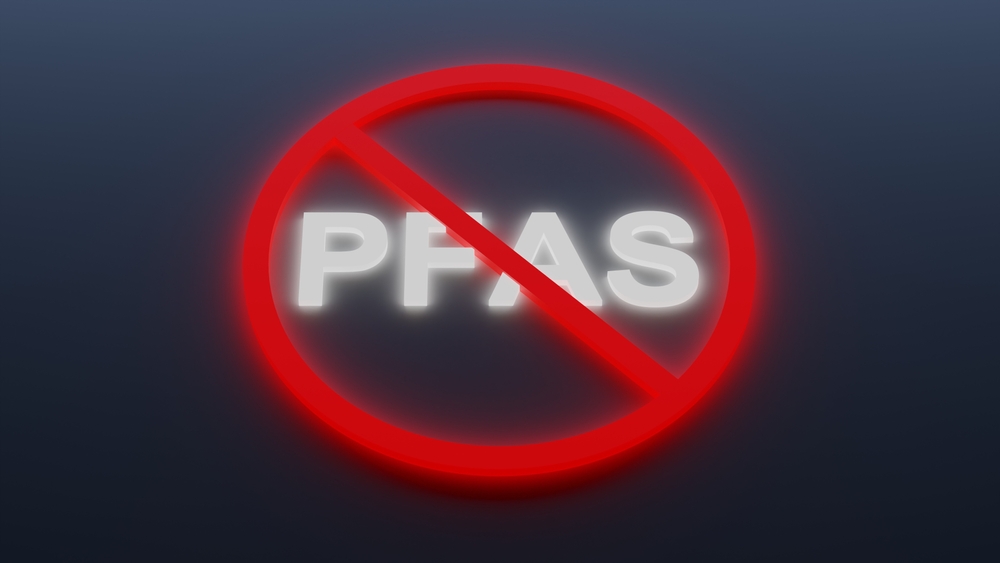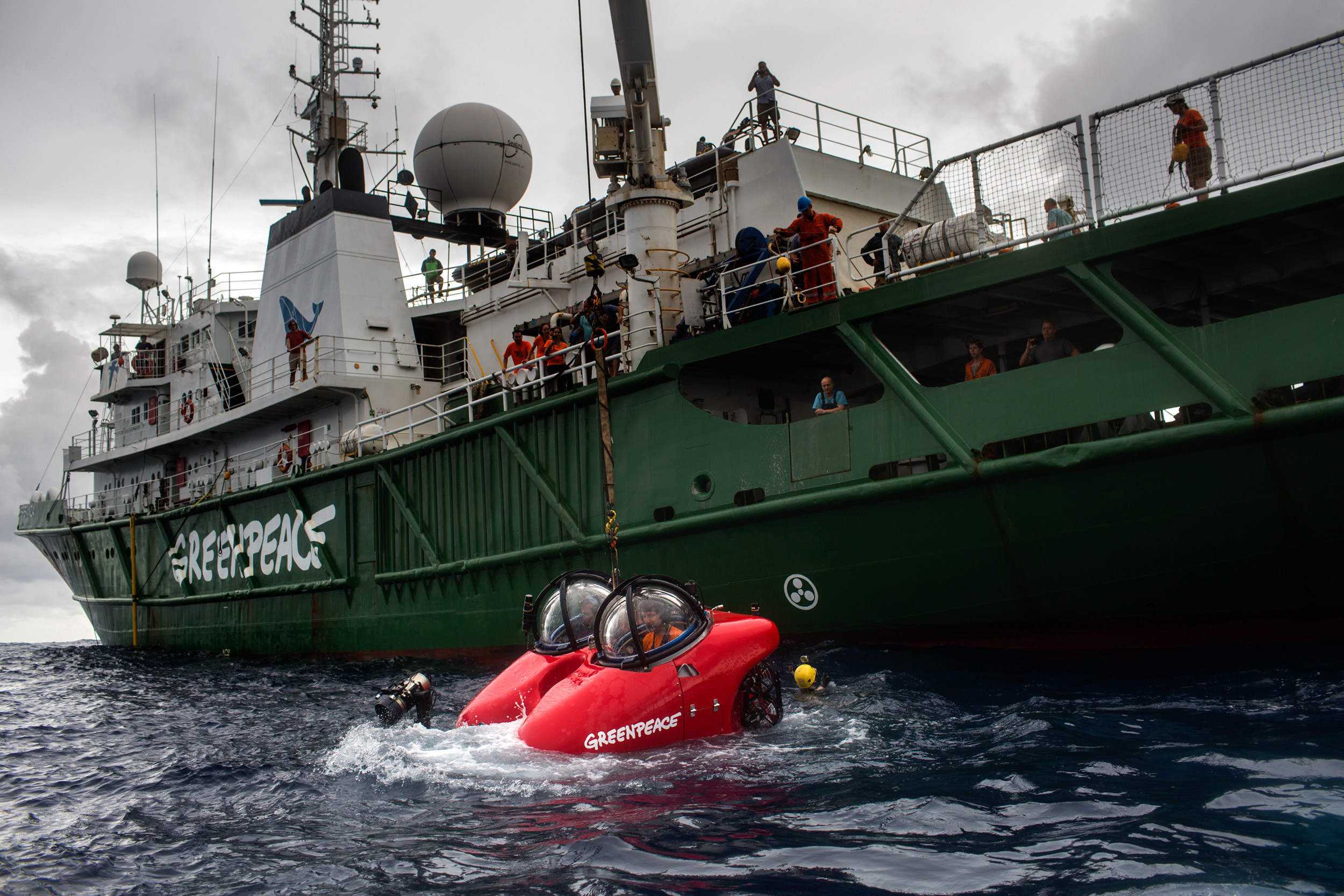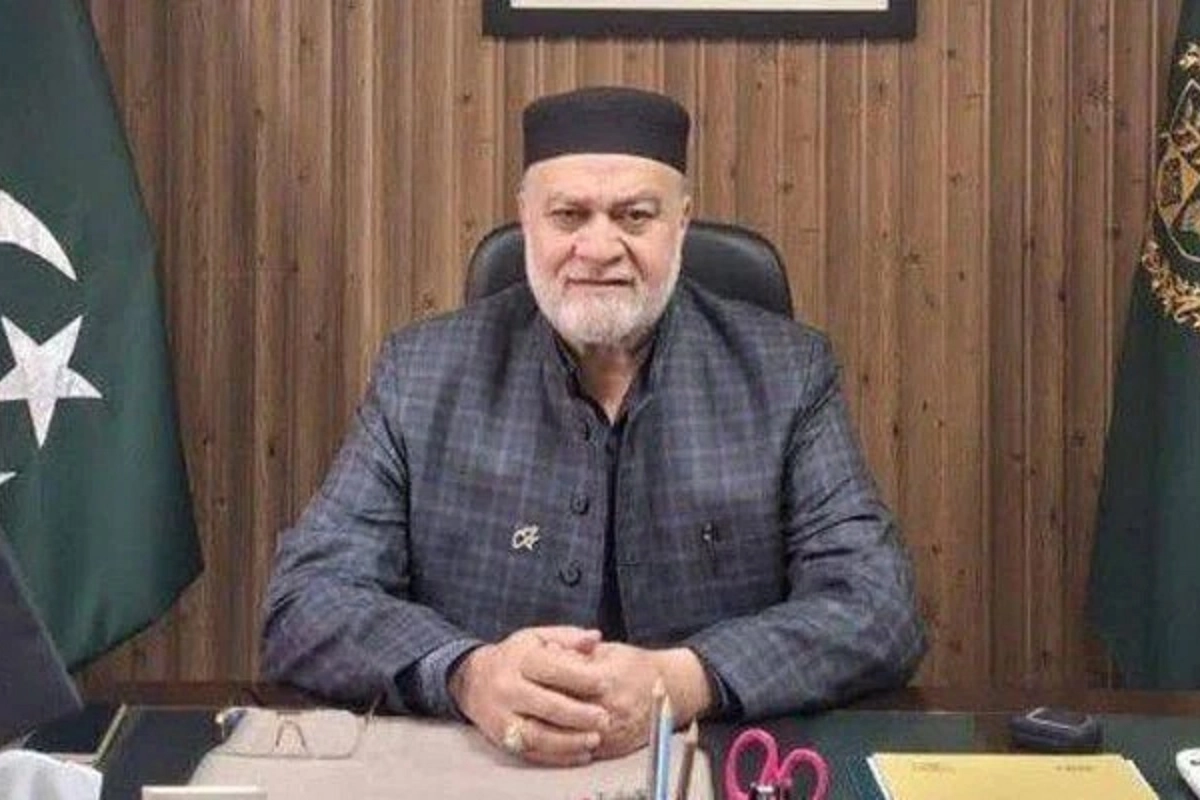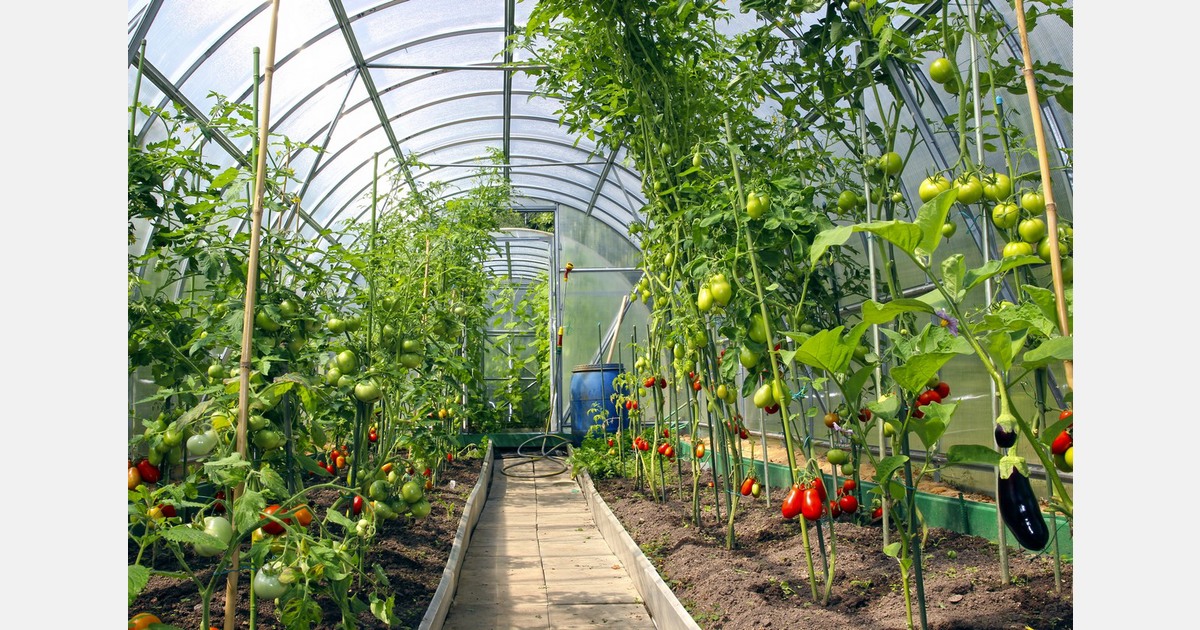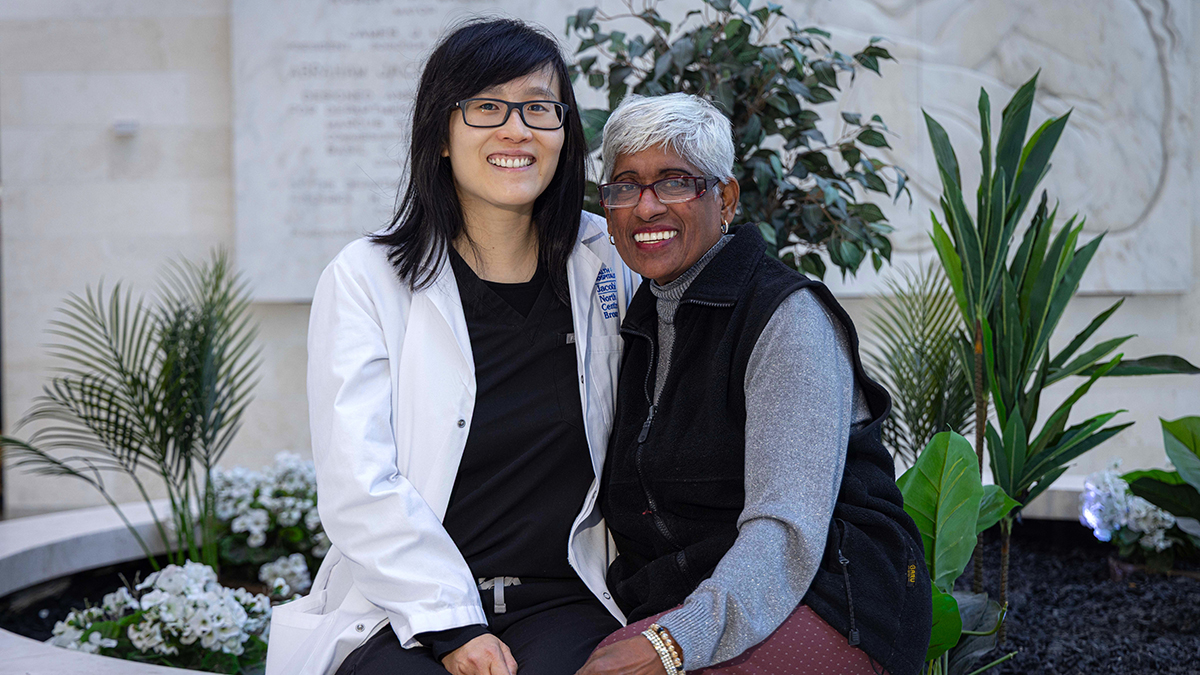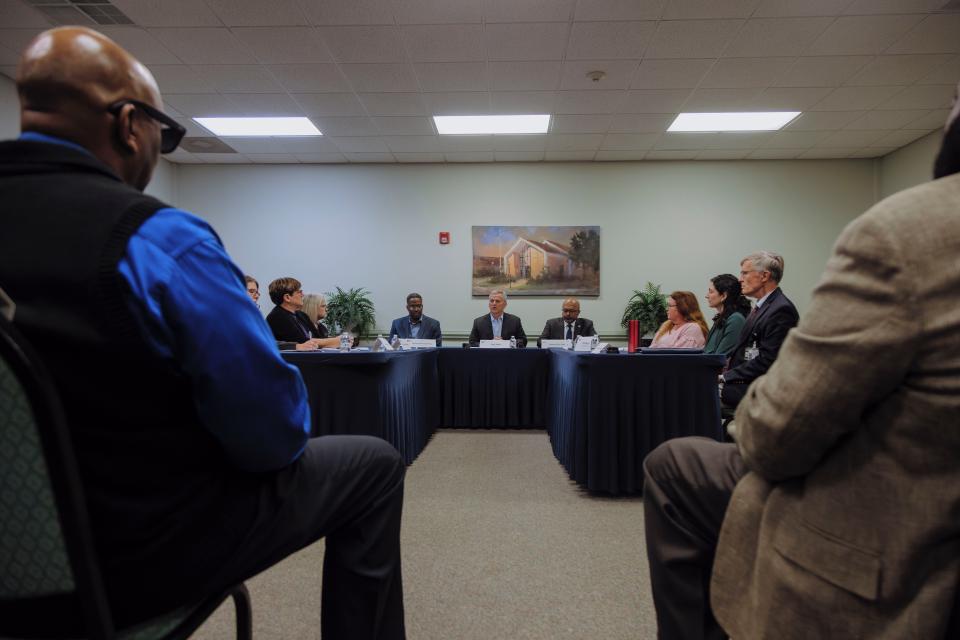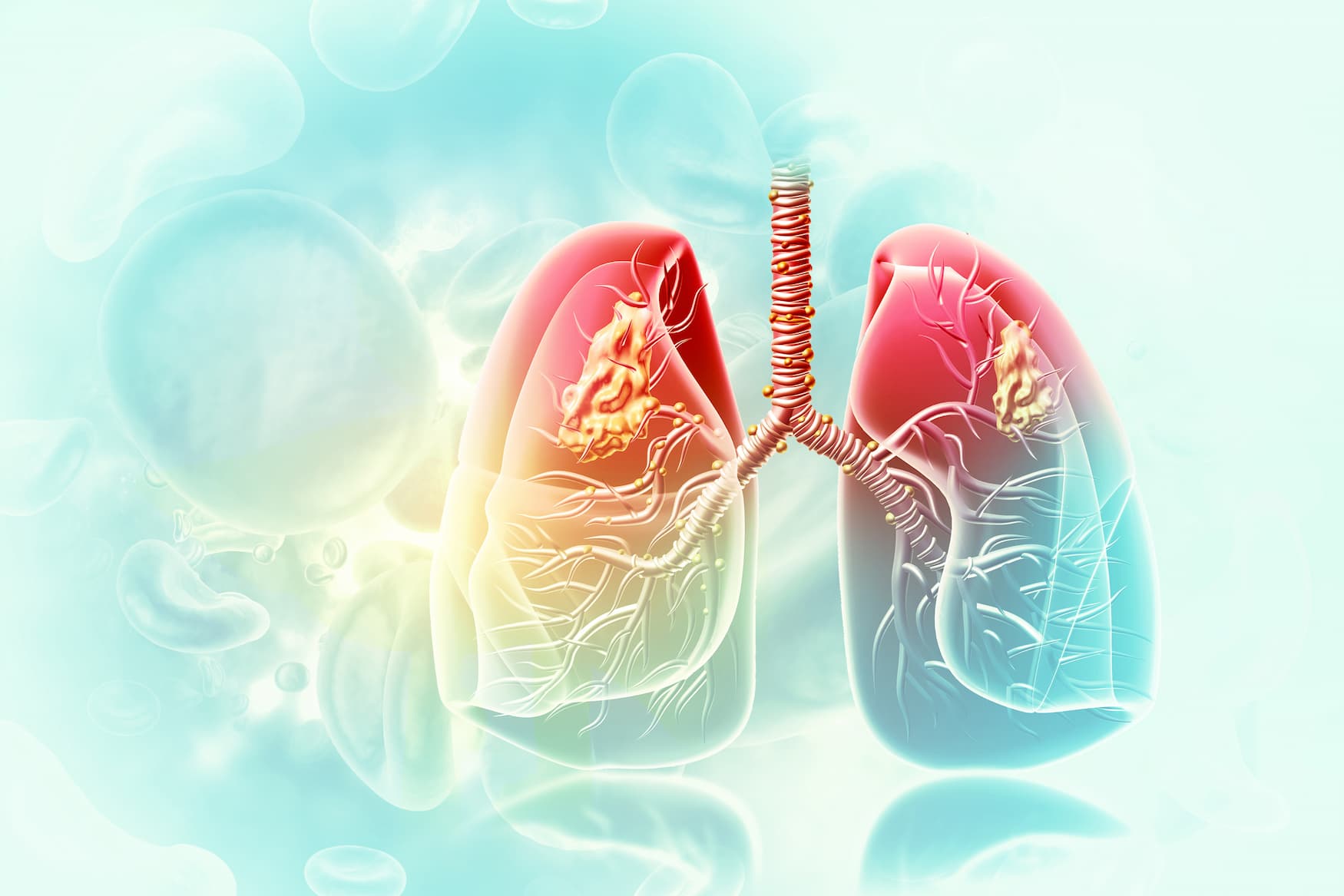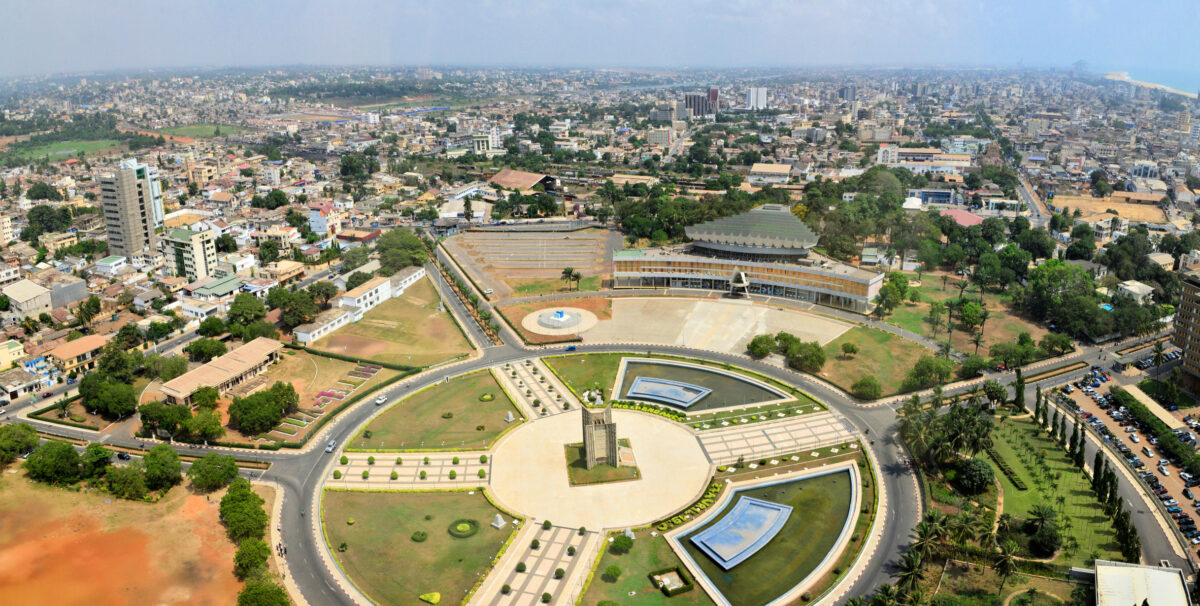Women’s Empowerment Spotlight | Aley Clent – gocamels.com
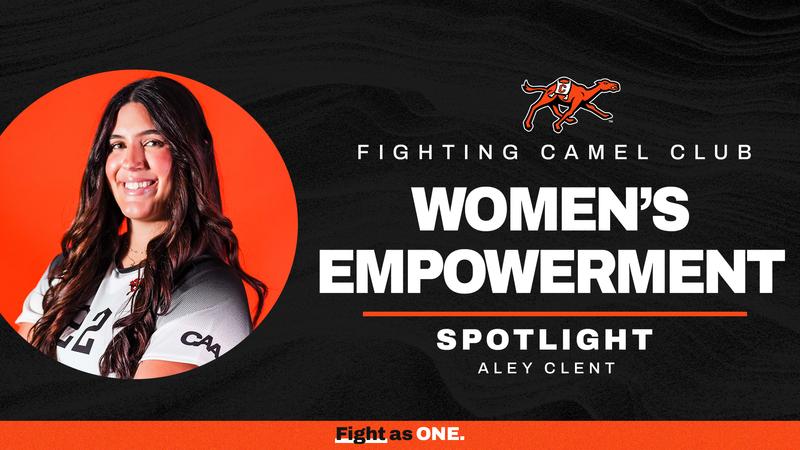
Report on Student-Athlete Aley Clent’s Contribution to Sustainable Development Goals at Campbell University
Executive Summary
This report details the collegiate career of Aley Clent, a student-athlete at Campbell University, analyzing her activities through the framework of the United Nations Sustainable Development Goals (SDGs). Clent’s journey exemplifies a holistic approach to higher education, integrating academic excellence, athletic achievement, and community leadership. Her involvement directly supports key SDGs, including SDG 4 (Quality Education), SDG 5 (Gender Equality), SDG 8 (Decent Work and Economic Growth), and SDG 10 (Reduced Inequalities), serving as a case study for the positive impact of university-supported student initiatives.
SDG 4: Quality Education
Aley Clent’s academic and extracurricular pursuits demonstrate a profound commitment to inclusive and equitable quality education and lifelong learning opportunities.
- Academic Excellence: Clent has maintained President’s List honors every semester while pursuing an accelerated program to earn both an undergraduate degree (Finance and Management) and an MBA within four years.
- Scholarship Impact: Her athletic scholarship was a critical enabler, providing access to high-quality education at a private institution that she might not have otherwise been able to attend. This highlights the role of financial support in ensuring equitable educational access.
- Lifelong Learning: Clent’s engagement with the Risk Management Institute and her plans to attend law school post-graduation underscore a commitment to continuous personal and professional development, a core tenet of SDG 4.
- Community Education: Through the Student-Athlete Advisory Committee (SAAC), Clent participates in community outreach, such as reading to elementary school students, directly contributing to foundational learning in the local community.
SDG 5: Gender Equality
Clent’s career is a significant model for the empowerment of women and girls in sports and leadership, aligning with the objectives of SDG 5.
- Leadership Roles: She serves as a volleyball team captain and was elected President of the campus-wide Student-Athlete Advisory Committee, holding key leadership positions that promote female visibility and influence in collegiate athletics.
- Women’s Empowerment Initiatives: The report notes the university’s “Women’s Empowerment Fund,” a financial mechanism designed to enhance the experience of female student-athletes, directly supporting the institutional framework for gender equality.
- Advocacy and Representation: Her work in bringing the “National Girls and Women in Sports Day” initiative to campus actively promotes female participation in athletics and celebrates their achievements.
SDG 8: Decent Work and Economic Growth & SDG 10: Reduced Inequalities
Clent’s activities reflect a strong alignment with promoting sustained, inclusive economic growth and reducing inequality within and among communities.
- Early Entrepreneurship (SDG 8): As a middle school student, Clent started her own baked goods business, demonstrating an early understanding of cost analysis and entrepreneurship, which are drivers of economic growth.
- Professional Development (SDG 8): Her summer internship in project management with Duke Energy provided valuable professional experience, leading to an informal offer of full-time employment and illustrating a successful transition from education to decent work.
- Reducing Inequalities through Access (SDG 10): The athletic scholarship provided Clent with opportunities for both academic and athletic advancement, reducing financial barriers to participation.
- Inclusive Leadership (SDG 10): As SAAC President, Clent’s stated goal is to ensure all student-athletes are “heard” and “seen,” with a focus on meeting the needs of diverse groups, including those related to mental health, diversity and inclusion, and international student-athletes.
- Community Service for Vulnerable Groups (SDG 10): Her support for the “Polar Plunge” for Special Olympics and her desire to restart the “A Night to Shine” prom for special needs students demonstrate a commitment to social inclusion for persons with disabilities.
Institutional and Community Impact
SDG 3: Good Health and Well-being & SDG 11: Sustainable Cities and Communities
Clent’s influence extends to promoting well-being and fostering strong community ties.
- Mental and Physical Health (SDG 3): As a high-level athlete, she promotes physical well-being. Through her SAAC leadership, she addresses the mental health needs of student-athletes, a critical component of overall well-being.
- Community Engagement (SDG 11): Her active participation in SAAC initiatives that connect the university with the local community—from engaging with elementary schools to organizing events—helps build inclusive, safe, and resilient community relationships.
Sustainable Development Goals (SDGs) Addressed in the Article
-
SDG 4: Quality Education
- The article extensively discusses Aley Clent’s academic journey at Campbell University, where she is pursuing both an undergraduate degree and an MBA. Her academic excellence is highlighted by her consistent placement on the President’s List. The article emphasizes the role of her scholarship, stating, “Without my scholarship, I would not have found myself at a wonderful Christian institution,” which directly links to accessible and quality higher education.
-
SDG 5: Gender Equality
- The article focuses on a female student-athlete’s success and leadership. A key element is the “newly created Women’s Empowerment Fund,” with the goal to “make that experience even better, specifically for our female student-athletes.” Aley’s leadership role as the president of the Student-Athlete Advisory Committee (SAAC) and the mention of the “National Girls and Women in Sports Day” initiative further underscore the theme of empowering women and girls in sports and leadership.
-
SDG 10: Reduced Inequalities
- The provision of an athletic scholarship is a central theme that reduced financial barriers for Aley Clent, enabling her to access quality education and athletic opportunities she “may not have had the opportunity to do otherwise.” This directly addresses the reduction of inequalities based on economic status. Furthermore, her goal as SAAC president to ensure students are heard from a “diversity and inclusion or an international student-athlete perspective” points to efforts to reduce inequalities within the university community.
-
SDG 8: Decent Work and Economic Growth
- The article highlights Aley’s preparation for the workforce. She is gaining relevant skills through her finance and management degrees and a risk management-specific MBA track. Her entrepreneurial past (“She started her own business while still a middle school student”) and her current professional development, including a summer internship with Duke Energy and an “informal offer of full-time employment,” connect directly to achieving productive employment.
-
SDG 3: Good Health and Well-being
- While the focus is on athletics, the article touches upon broader well-being. As SAAC president, Aley aims to ensure student-athlete needs are met “from a mental health perspective.” This shows a commitment to promoting mental health and well-being within the community. The SAAC’s fundraising activities, such as the “Polar Plunge” for Special Olympics, also support the well-being of people with disabilities.
-
SDG 17: Partnerships for the Goals
- The article showcases multiple partnerships. The Women’s Empowerment Fund relies on a partnership between the university and its “fans, alumni, family, and friends.” The SAAC collaborates with other institutions at the “2024 CAA SAAC conference” to share ideas. Community partnerships are evident through service activities like reading to elementary school students and organizing events for Special Olympics.
Specific SDG Targets Identified
-
SDG 4: Quality Education
- Target 4.3: By 2030, ensure equal access for all women and men to affordable and quality technical, vocational and tertiary education, including university. The article demonstrates this through Aley’s scholarship, which provided her with access to a university education that would have otherwise been inaccessible.
- Target 4.4: By 2030, substantially increase the number of youth and adults who have relevant skills, including technical and vocational skills, for employment, decent jobs and entrepreneurship. Aley is acquiring relevant skills through her combined undergrad/MBA program and her internship, preparing her for employment. Her early entrepreneurial venture is also relevant.
-
SDG 5: Gender Equality
- Target 5.5: Ensure women’s full and effective participation and equal opportunities for leadership at all levels of decision-making. Aley’s election as president of the Student-Athlete Advisory Committee is a direct example of a woman in a key leadership position within the university’s public life.
- Target 5.c: Adopt and strengthen sound policies and enforceable legislation for the promotion of gender equality and the empowerment of all women and girls at all levels. The creation of the “Women’s Empowerment Fund” and the participation in “National Girls and Women in Sports Day” are institutional policies and programs aimed at empowering female athletes.
-
SDG 10: Reduced Inequalities
- Target 10.2: By 2030, empower and promote the social, economic and political inclusion of all, irrespective of… economic or other status. The scholarship system described in the article serves to include students who might otherwise be excluded for economic reasons. Aley’s SAAC work to support international students and promote diversity and inclusion also aligns with this target.
-
SDG 8: Decent Work and Economic Growth
- Target 8.6: By 2020, substantially reduce the proportion of youth not in employment, education or training. The article presents Aley as a model student who is actively engaged in education and professional training (internship), directly countering the issue of youth inactivity in the job market.
-
SDG 3: Good Health and Well-being
- Target 3.4: By 2030, reduce by one third premature mortality from non-communicable diseases through prevention and treatment and promote mental health and well-being. The article implies progress toward this target through Aley’s work in SAAC to ensure student needs are met from a “mental health perspective.”
-
SDG 17: Partnerships for the Goals
- Target 17.17: Encourage and promote effective public, public-private and civil society partnerships. The article describes partnerships between the university’s Fighting Camel Club and civil society (alumni, fans, friends) for fundraising, as well as partnerships with community organizations like Special Olympics.
Indicators for Measuring Progress
-
For SDG 4 (Quality Education)
- Indicator (Implied): The number and proportion of students receiving scholarships that enable access to tertiary education. Aley Clent is presented as a case study.
- Indicator (Implied): The number of students enrolled in accelerated or combined degree programs (e.g., 4-year undergrad/MBA).
- Indicator (Implied): The rate of students securing internships and post-graduation employment, as exemplified by Aley’s internship at Duke Energy and subsequent job offer.
-
For SDG 5 (Gender Equality)
- Indicator (Mentioned): The existence of dedicated funds for women’s empowerment, such as the “Women’s Empowerment Fund.”
- Indicator (Implied): The proportion of women in student leadership positions, with Aley’s role as SAAC president serving as a specific data point.
- Indicator (Mentioned): Participation in events promoting women in sports, such as the “National Girls and Women in Sports Day.”
-
For SDG 10 (Reduced Inequalities)
- Indicator (Mentioned): The existence of student-led committees or initiatives focused on diversity, inclusion, and the needs of international students, which Aley aims to foster as SAAC president.
-
For SDG 3 (Good Health and Well-being)
- Indicator (Mentioned): The existence of programs or committees within student organizations that address mental health, as mentioned in the context of Aley’s SAAC goals.
- Indicator (Mentioned): The number of community service events supporting health and well-being, such as the “Polar Plunge” for Special Olympics.
-
For SDG 17 (Partnerships for the Goals)
- Indicator (Mentioned): The number of active partnerships with community organizations (e.g., local elementary schools, Special Olympics).
- Indicator (Mentioned): The amount of funds raised through partnerships with alumni, fans, and friends for specific initiatives like the Women’s Empowerment Fund.
Summary of SDGs, Targets, and Indicators
| SDGs | Targets | Indicators |
|---|---|---|
| SDG 4: Quality Education | Target 4.3: Ensure equal access for all to affordable and quality tertiary education.
Target 4.4: Increase the number of youth with relevant skills for employment and entrepreneurship. |
Implied: Number of students on scholarships. Implied: Rate of students securing internships and employment. |
| SDG 5: Gender Equality | Target 5.5: Ensure women’s full participation and equal opportunities for leadership.
Target 5.c: Adopt policies for the promotion of gender equality. |
Implied: Proportion of women in student leadership roles (e.g., SAAC President). Mentioned: Existence of a “Women’s Empowerment Fund.” Mentioned: Participation in “National Girls and Women in Sports Day.” |
| SDG 10: Reduced Inequalities | Target 10.2: Empower and promote the social, economic and political inclusion of all. | Implied: Provision of scholarships to reduce economic barriers. Mentioned: Initiatives for diversity, inclusion, and international students within SAAC. |
| SDG 8: Decent Work and Economic Growth | Target 8.6: Reduce the proportion of youth not in employment, education or training. | Implied: Student engagement in internships and securing post-graduation job offers. |
| SDG 3: Good Health and Well-being | Target 3.4: Promote mental health and well-being. | Mentioned: Student-led initiatives addressing mental health needs. Mentioned: Fundraising events for health-related causes (e.g., “Polar Plunge” for Special Olympics). |
| SDG 17: Partnerships for the Goals | Target 17.17: Encourage and promote effective public, public-private and civil society partnerships. | Mentioned: Fundraising partnerships with alumni and friends. Mentioned: Community service partnerships with local schools and organizations. |
Source: gocamels.com
What is Your Reaction?
 Like
0
Like
0
 Dislike
0
Dislike
0
 Love
0
Love
0
 Funny
0
Funny
0
 Angry
0
Angry
0
 Sad
0
Sad
0
 Wow
0
Wow
0


-1920w.png?#)





